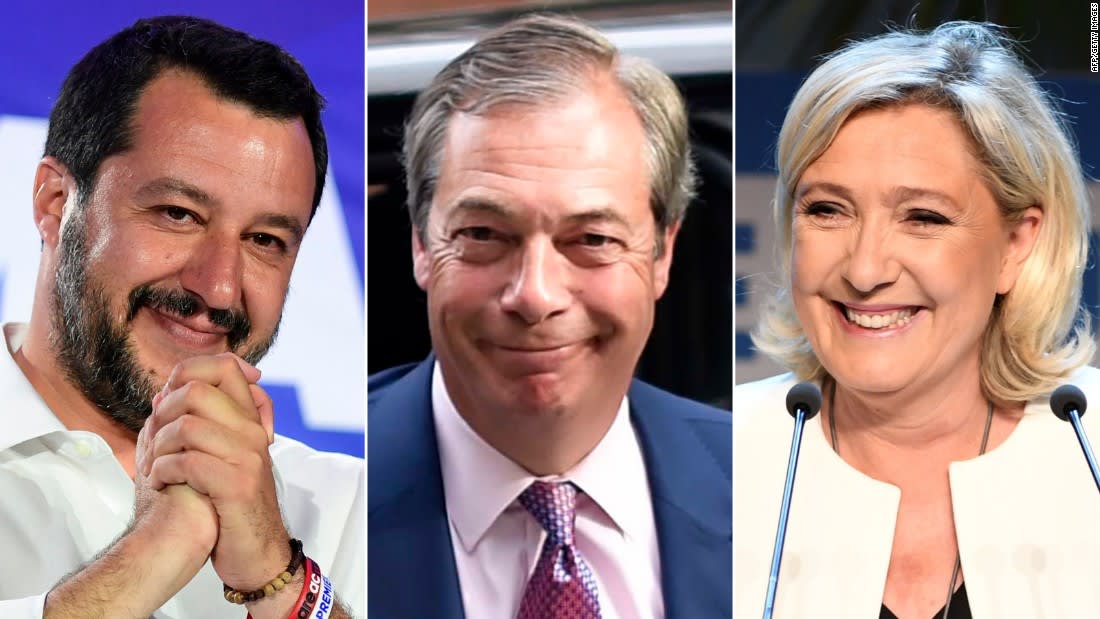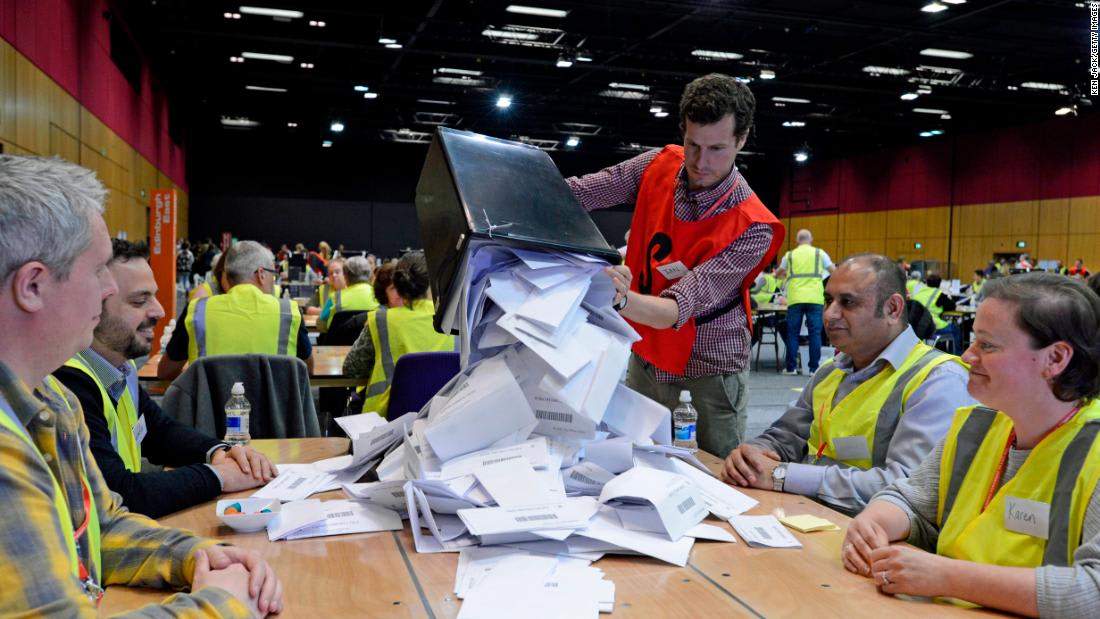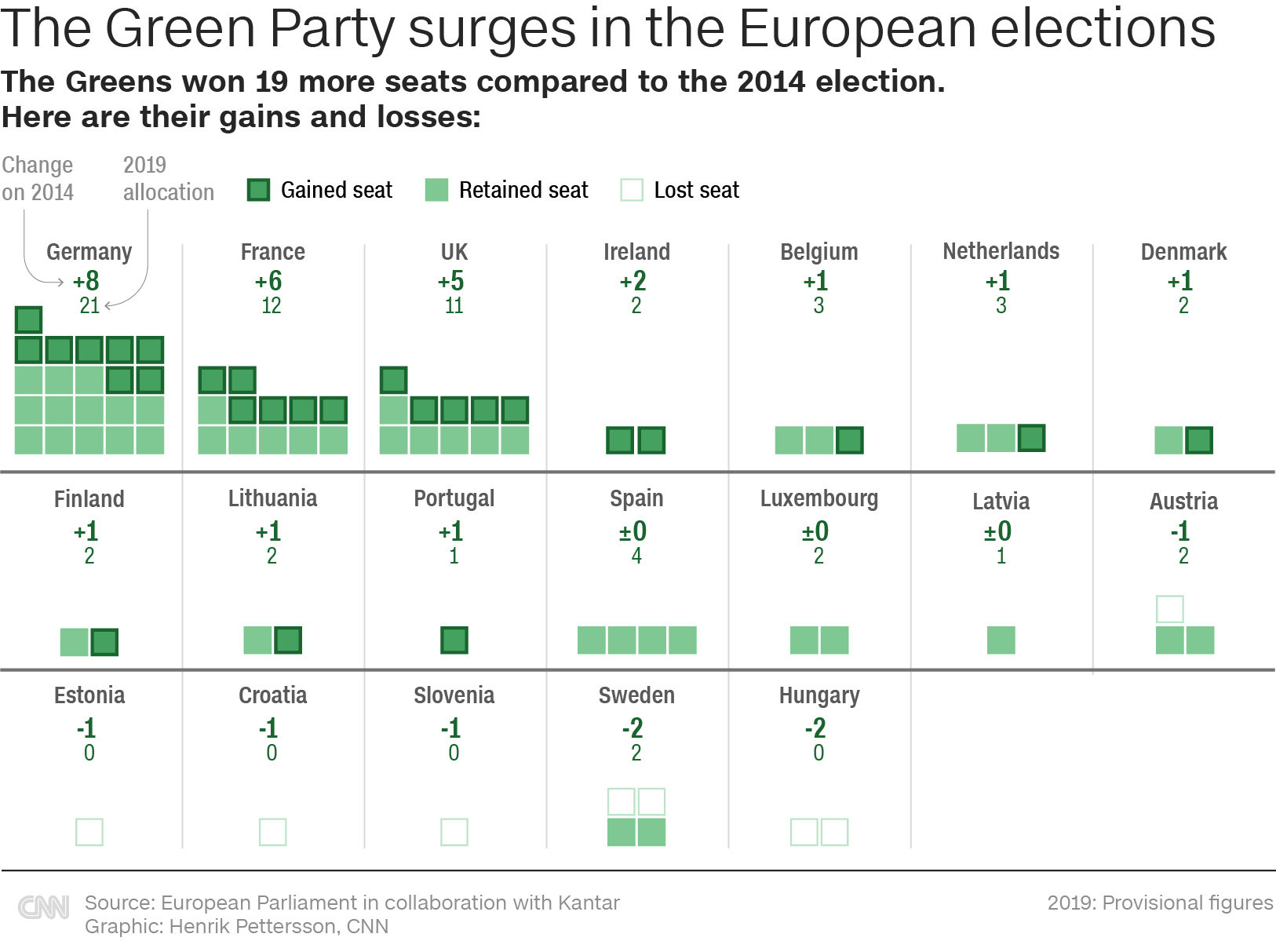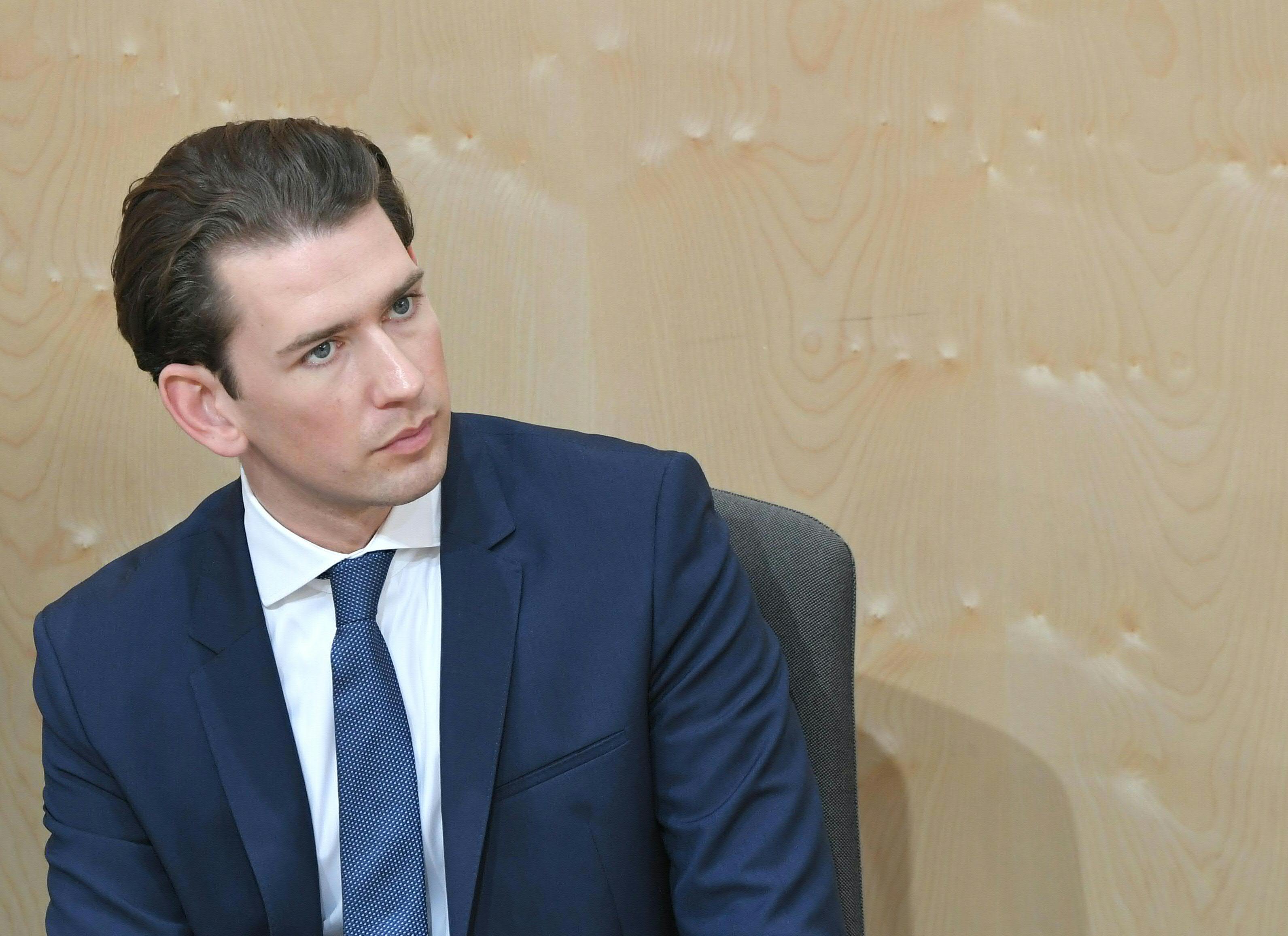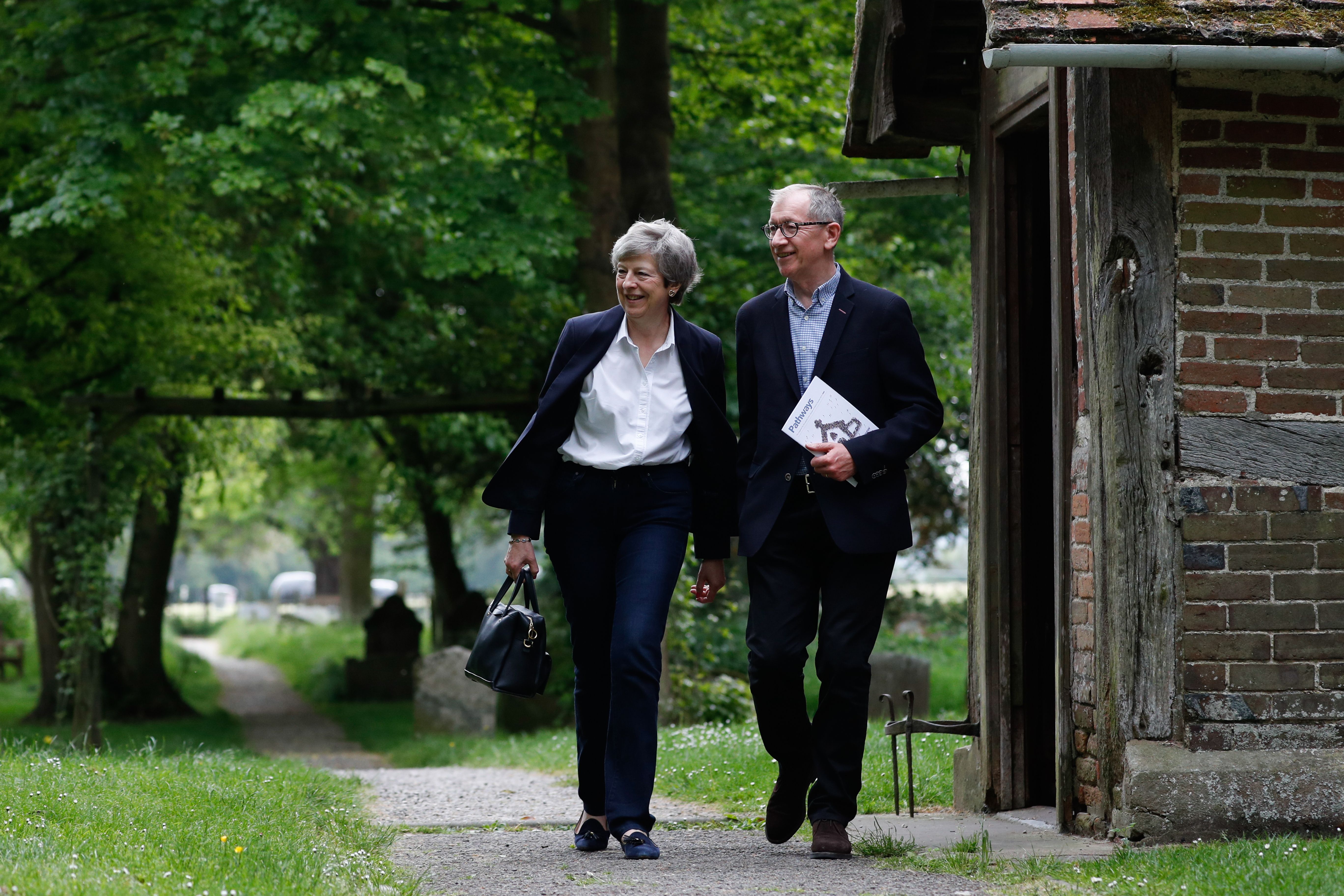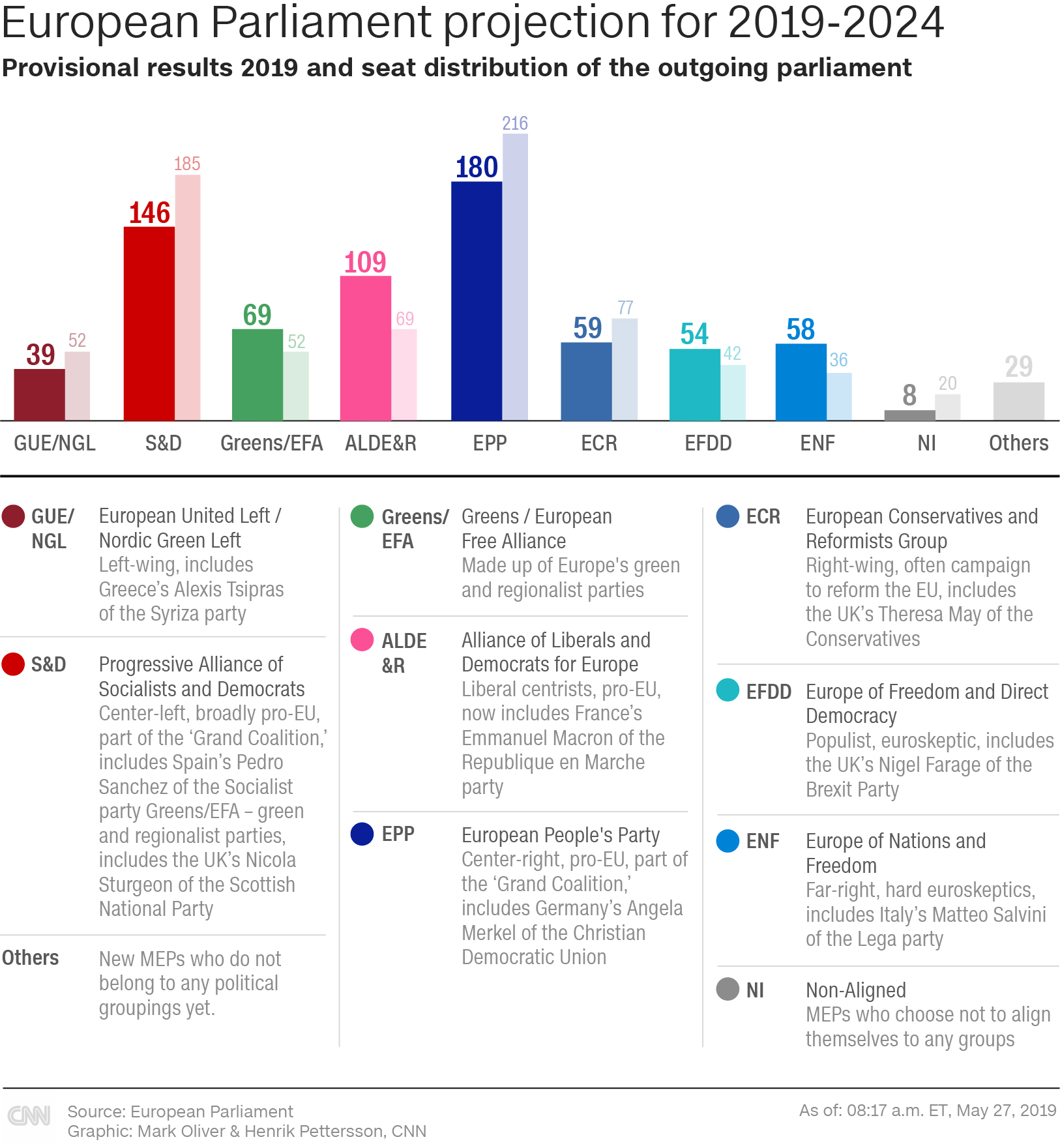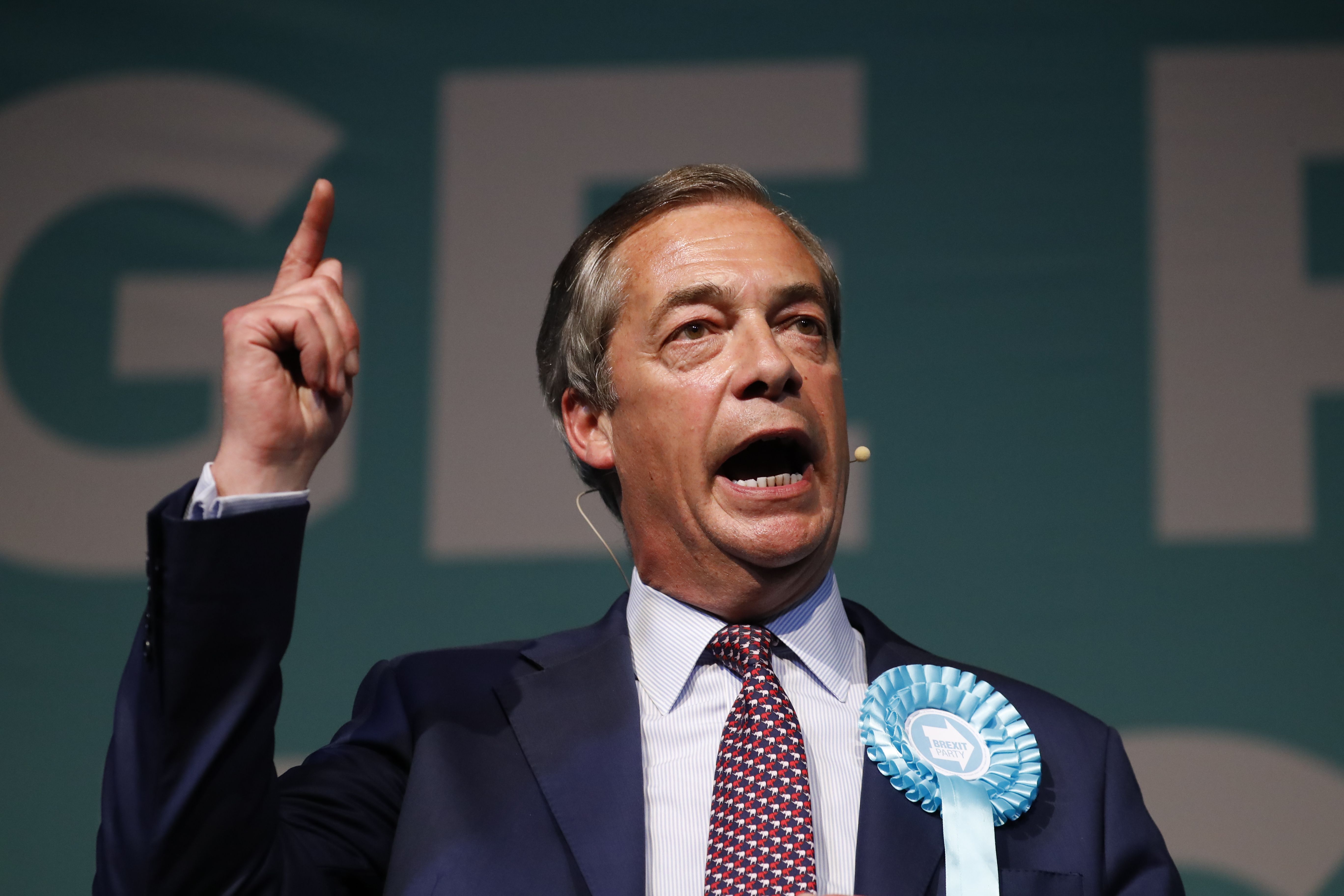After a non-stop 24 hours, we're wrapping up our live coverage of the European elections after 28 countries voted over four days to select who will represent them in the EU Parliament for the next five years.
You can read more about how the results revealed some unexpected outcomes here, plus the eight key takeaways this year:
Alternatively, if you'd like to read more about why European politics is becoming increasingly fragmented, as millions of voters abandon traditional parties which have dominated Europe's institutions for decades. You can read the analysis by CNN's Luke McGee here:
